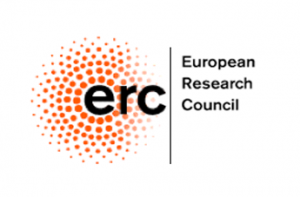Everyday Writing in Graeco-Roman and Late Antique Egypt.
A Socio-Semiotic Study of Communicative Variation (EVWRIT)

This project, funded by the European Research Council (2018 – 2023), aims to improve our understanding of communication practices in the Graeco-Roman and Late Antique periods. Non-literary, ‘documentary’ texts from Ancient Egypt such as letters, petitions and contracts have provided and continue to provide a key witness for our knowledge of the administration, education, economy, etc. of Ancient Egypt. Since documentary texts represent originals, however, their external characteristics should also be brought into the interpretation: elements such as handwriting, language, linguistic register or writing material transmit indirect social messages concerning hierarchy, status, and power relations, and can therefore be considered ‘semiotic resources’.
The project’s driving hypothesis is that communicative variation – variation that is functionally insignificant but socially significant (as in there are – there’s – it’s a lot of people) – enables the expression of social meaning. The main aim of this project is to analyse the nature of this communicative variation. To this end, a multidisciplinary team of researchers is applying recent insights form social semiotic and sociolinguistic theory to a corpus of Graeco-Roman and Late Antique documentary texts (I – VIII AD) by means of a three-level approach: (i) an open-access database of annotated documentary texts is being created; (ii) the ‘semiotic potential’ of the different semiotic resources that play a role in documentary writing is being analysed; and (iii) the interrelationships between the different semiotic resources is being studied.
The project aims to make a significant scientific impact: by offering a holistic perspective towards the ‘meaning’ of documentary texts; by creating new digital tools to investigate ancient texts; by making an important contribution to current socio-semiotic and socio-linguistic research; and more broadly by providing new insights about humans as social and communicative beings.

This project has received funding from the European Union’s Horizon 2020 research and innovation programme under grant agreement No 756487.